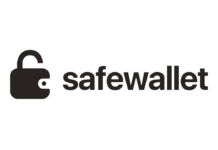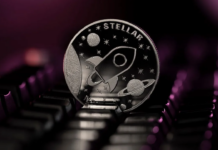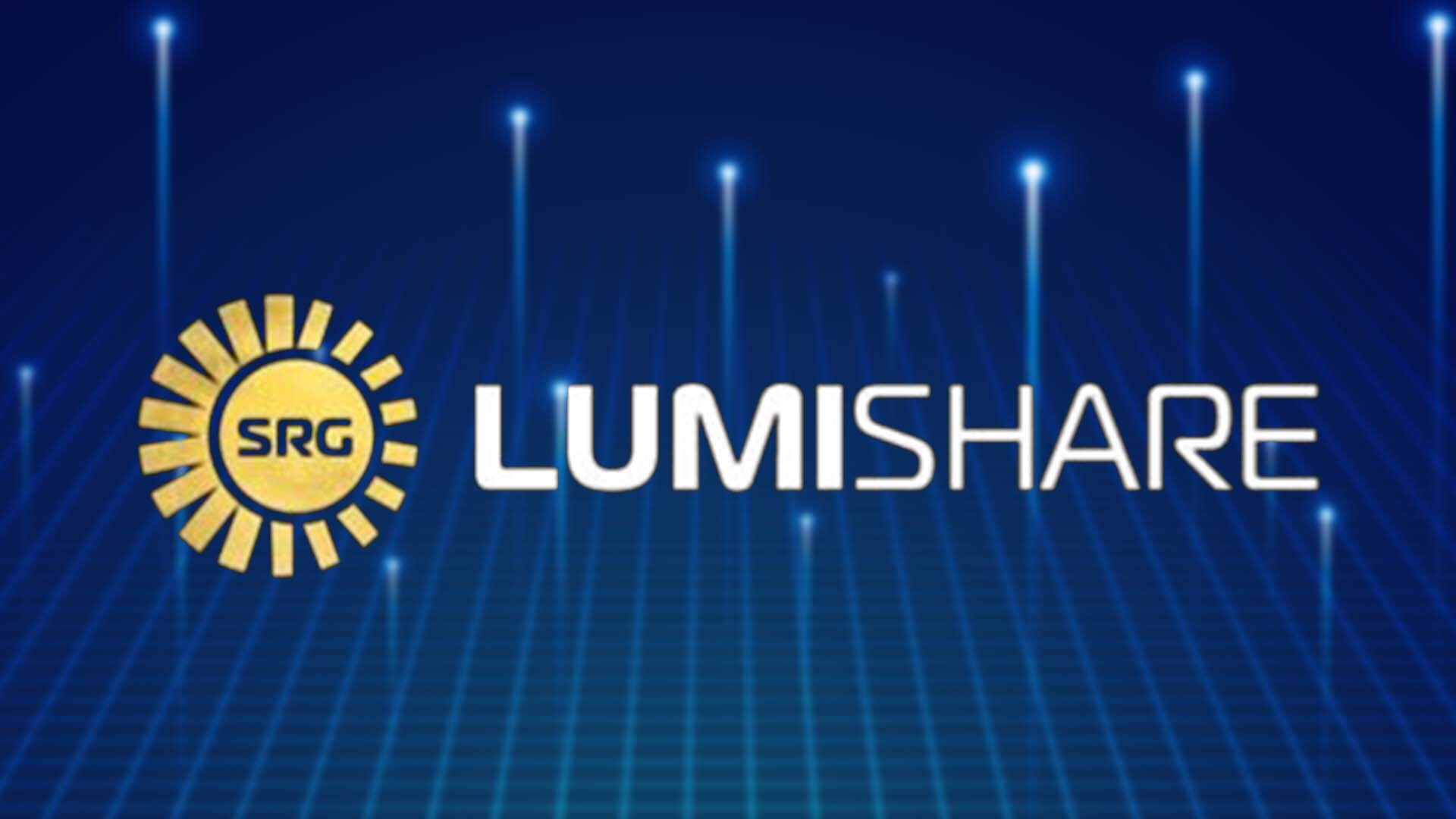
- The easiest way to make a city ‘smart’ is by integrating blockchain tools into its operations.
- Blockchain’s intelligence and automation can be an efficient and crucial tool for the government.
How Can Cities Become ‘Smart?’
With each passing day, the cities are becoming smarter and to cater to the security needs of these cities, the finest solution is Blockchain. The idea of blockchain in smart cities is beginning to escalate, especially when municipal leaders are looking for ways to cut costs and streamline processes to enhance their green credentials.
This is easier said than done; the major challenge today is managing all the required data that is needed to induce intelligent algorithms into everyday functions of the urban standard of living, from traffic to the justice system.
The majority of this data is inclusive, but a significant portion of it is private and is to be secured to the highest level, even if it is shared among the automated systems that contribute to the development of smart cities.
Blockchain in Smart Cities
Many municipalities are adopting blockchains to enhance the quality of their services. This adoption is largely due to the adoption of blockchain by businesses.
Recently, on the website of the Multidisciplinary Digital Publishing Institute (MDPI), a team of researchers published a paper highlighting that blockchain is virtually influencing the modern digital economy, escalating the transparency and efficiency of transactions, contract management, trade agreements, and business administration. With the world adopting the new style of working, it has become nearly mandatory for governments to become a part of it. The governments need to level up their operations in order to continue their primary functions like law enforcement, regulation, and tax collection. Since blockchain is a Distributed Ledger Technology (DLT), it offers numerous features for sharing and combining data without making concessions to safety and security. Another advantage of DLTs is that it’s next to impossible to tamper with the data once it has been entered into a blockchain. Moreover, this sophisticated management system only relays relevant information on a need-to-know basis to prevent the irrational dissemination of private information. Blockchain technology has multiple applications across a range of municipal activities; the MDPI suggested five key domains where it can be utilized to its full potential.
- Energy trading
The application of distributed ledger technology, or blockchain, can enhance the efficiency of energy trading. Being a decentralized, peer-to-peer network, it is capable of ensuring trading morals like trade fairness, billing accuracy, reduced transaction costs, and protection of user privacy.
- Healthcare
Blockchain technology can benefit the healthcare industry by protecting patients’ privacy while acting as a robust and secure tool for data storage and sharing.
- Electronic voting
Since voting is one of the quintessential parts of a country, the need for a secure, bias-free, and transparent system is of utmost importance. The application of blockchain in electronic voting will ensure the ethics and integrity of the entire voting process.
- Supply chain
Being the flagship feature of blockchain technology, decentralization assists in suppressing corruption, tampering, and other sorts of malevolence. Moreover, while doing all this, it also reduces costs and enhances efficiency.
- Real Estate
Integration of blockchain technology with real estate dealings can mitigate disputes to a great extent. Moreover, it can also help in securing the transfer of properties and increasing revenues.























